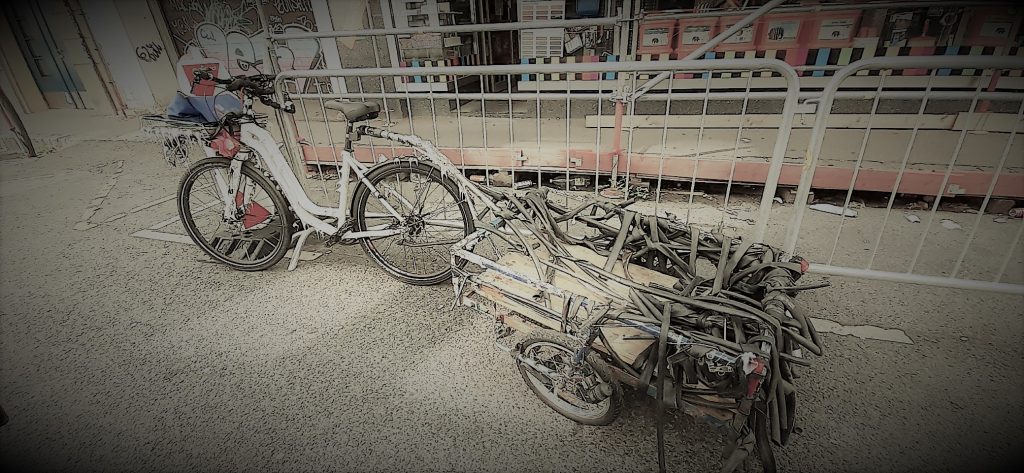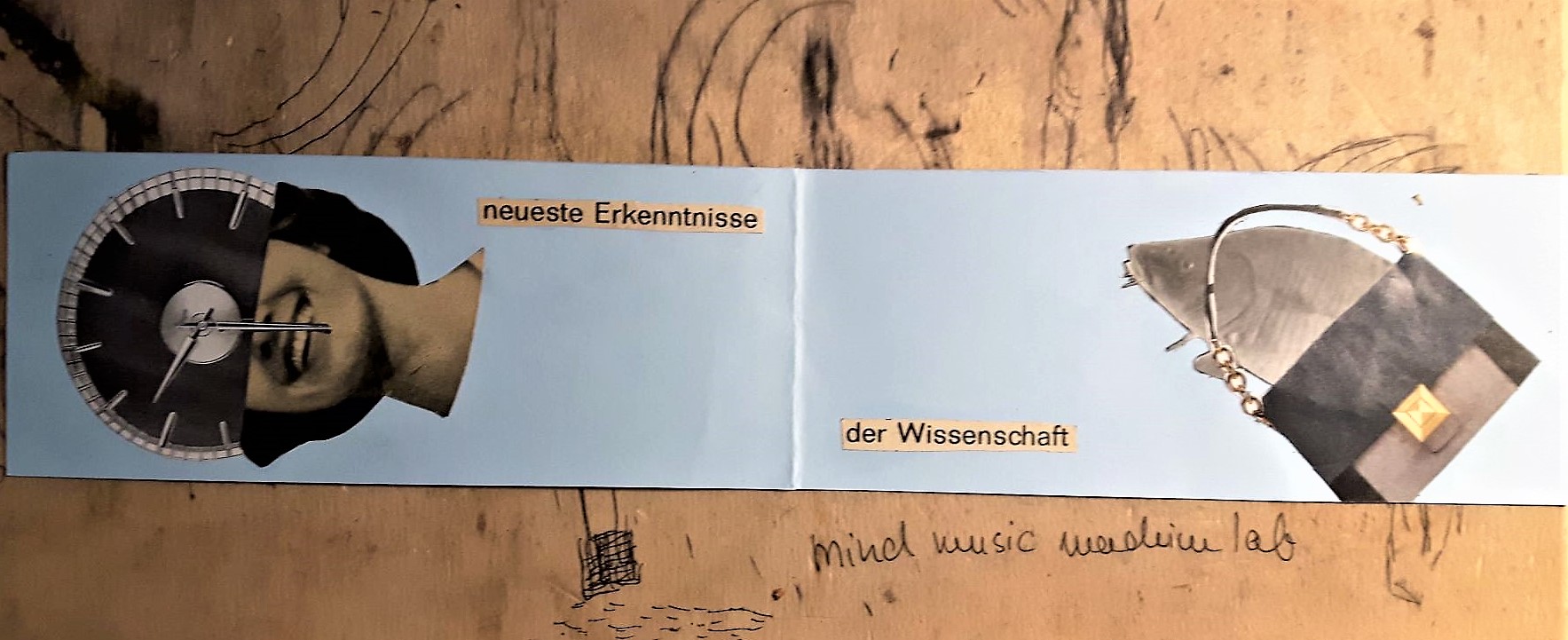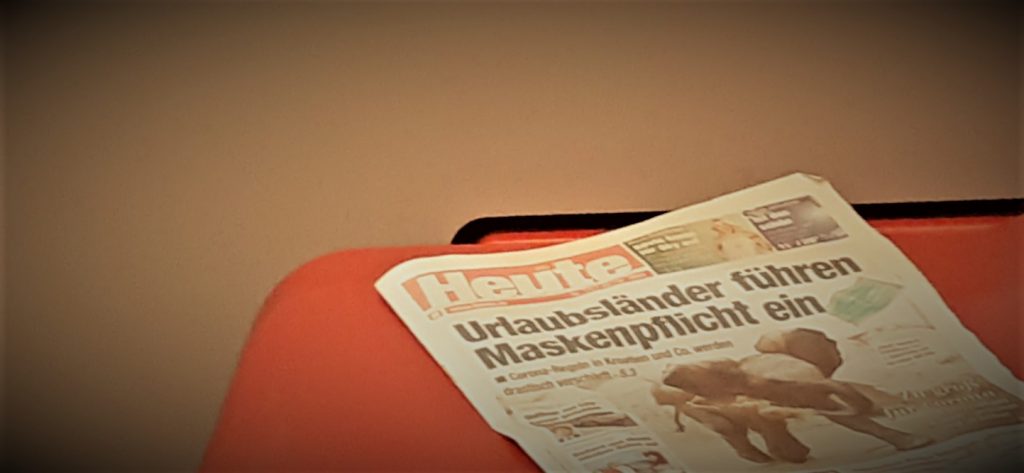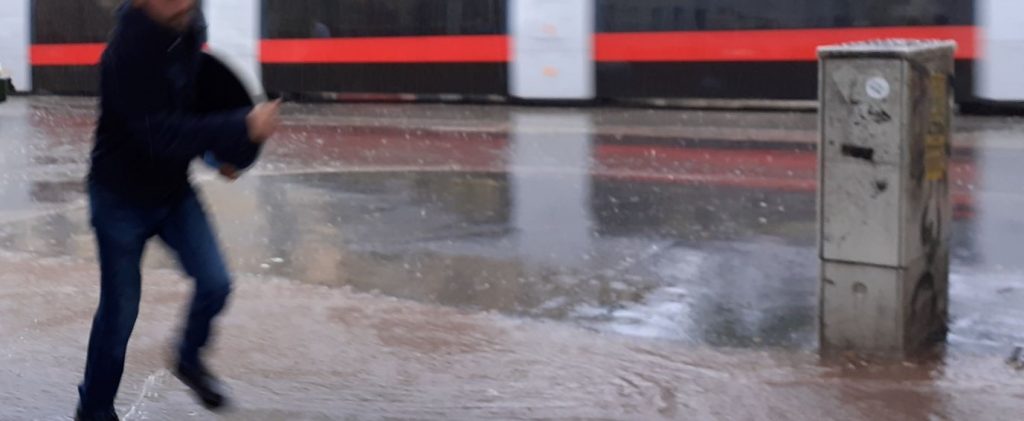
”[ . . . ] tastes conveys meaning and hence have a cognitive dimension that is often overlooked. [ . . . ]. A study of taste and its proper activities thus takes us into territory involving perception and cognition, symbolic function and social values.”
Korsmayer, Carolyn. Making sense of taste : food and philosophy. Cornell University Press, New York, 1999. p 4
Geschmack vermittelt Bedeutung und hat daher eine kognitive Dimension, die oft übersehen wird. Eine Untersuchung des Geschmacks und seiner entsprechenden Aktivitäten führt uns somit in ein Gebiet, das Wahrnehmung und Erkenntnis, symbolische Funktion und soziale Werte umfasst.




